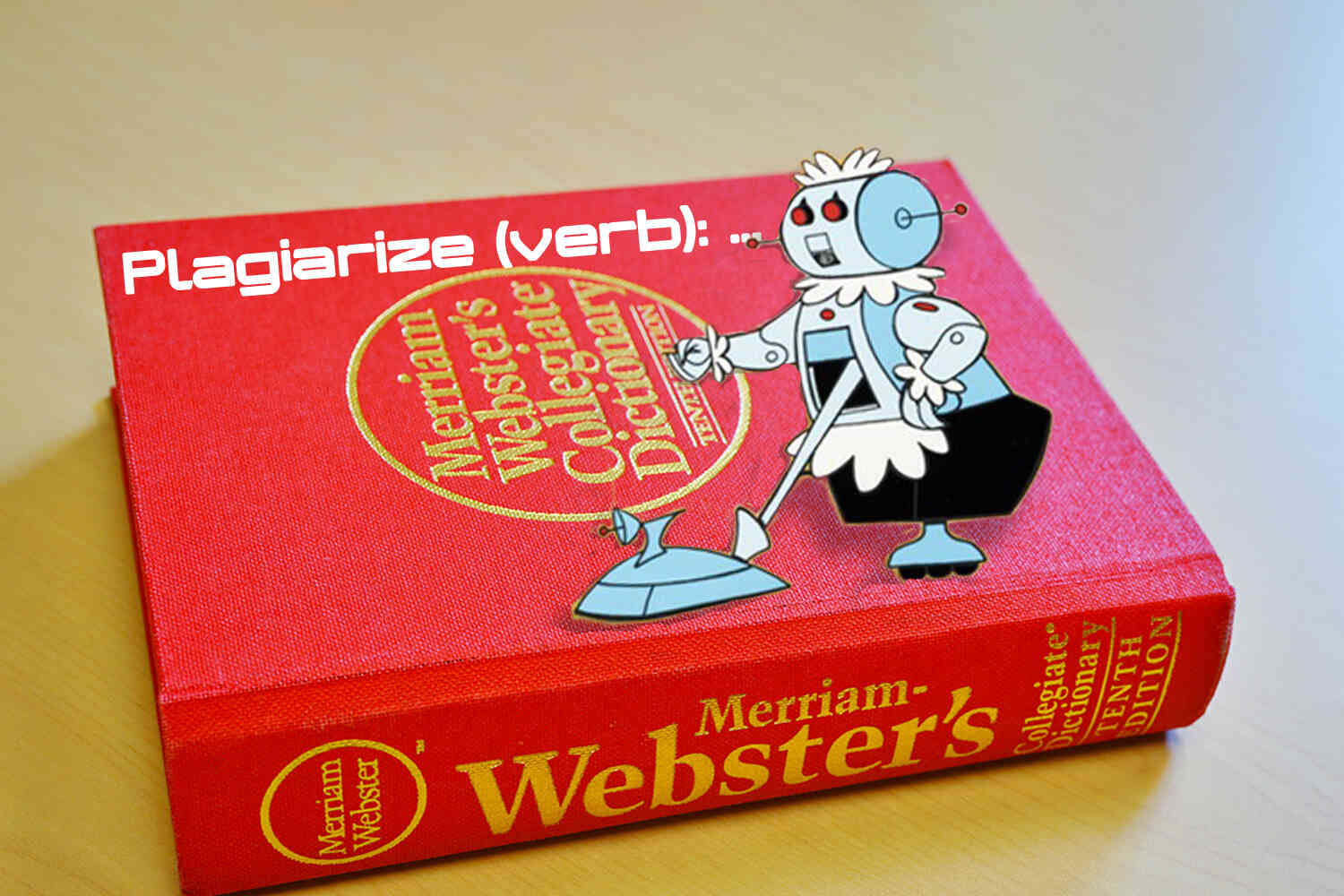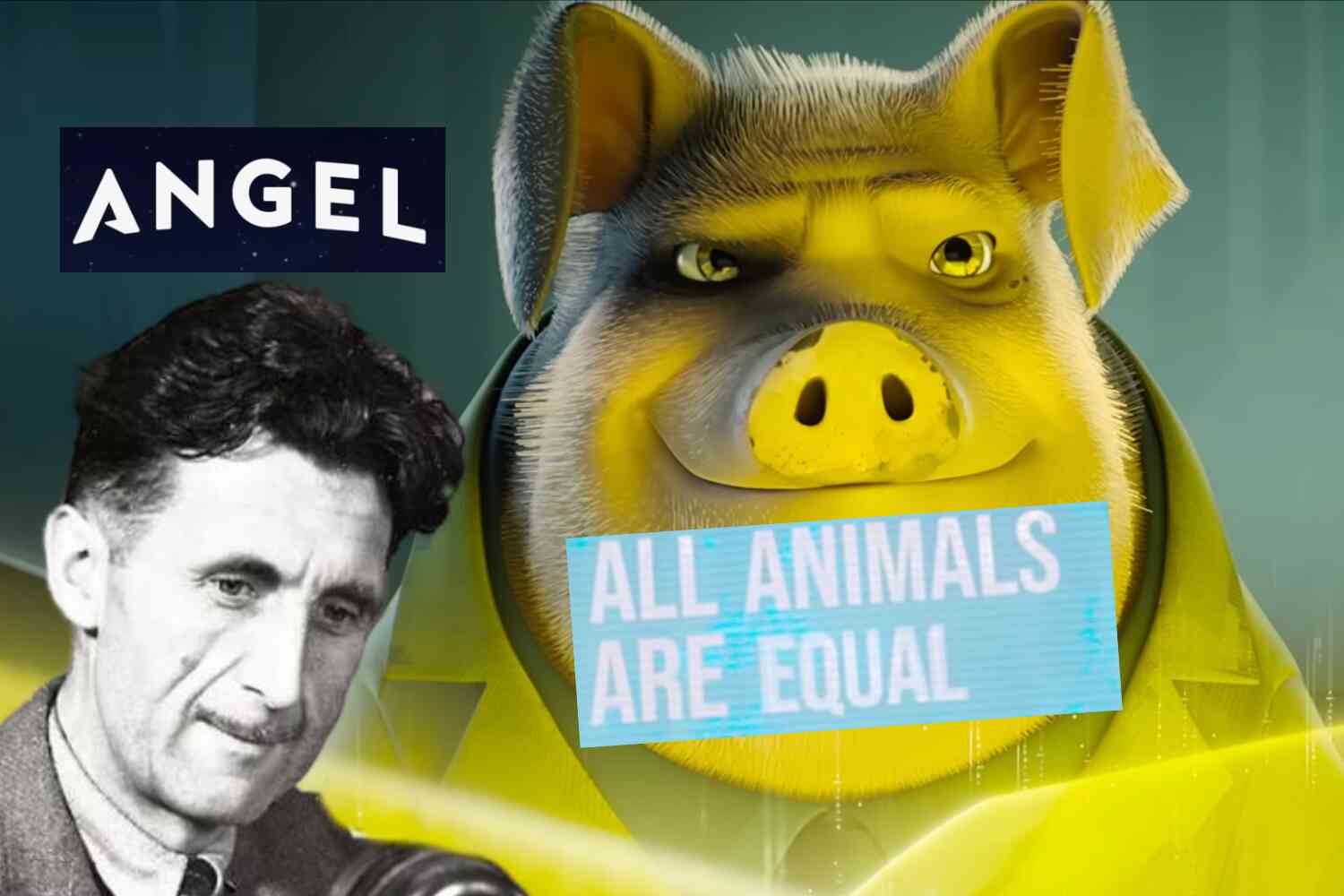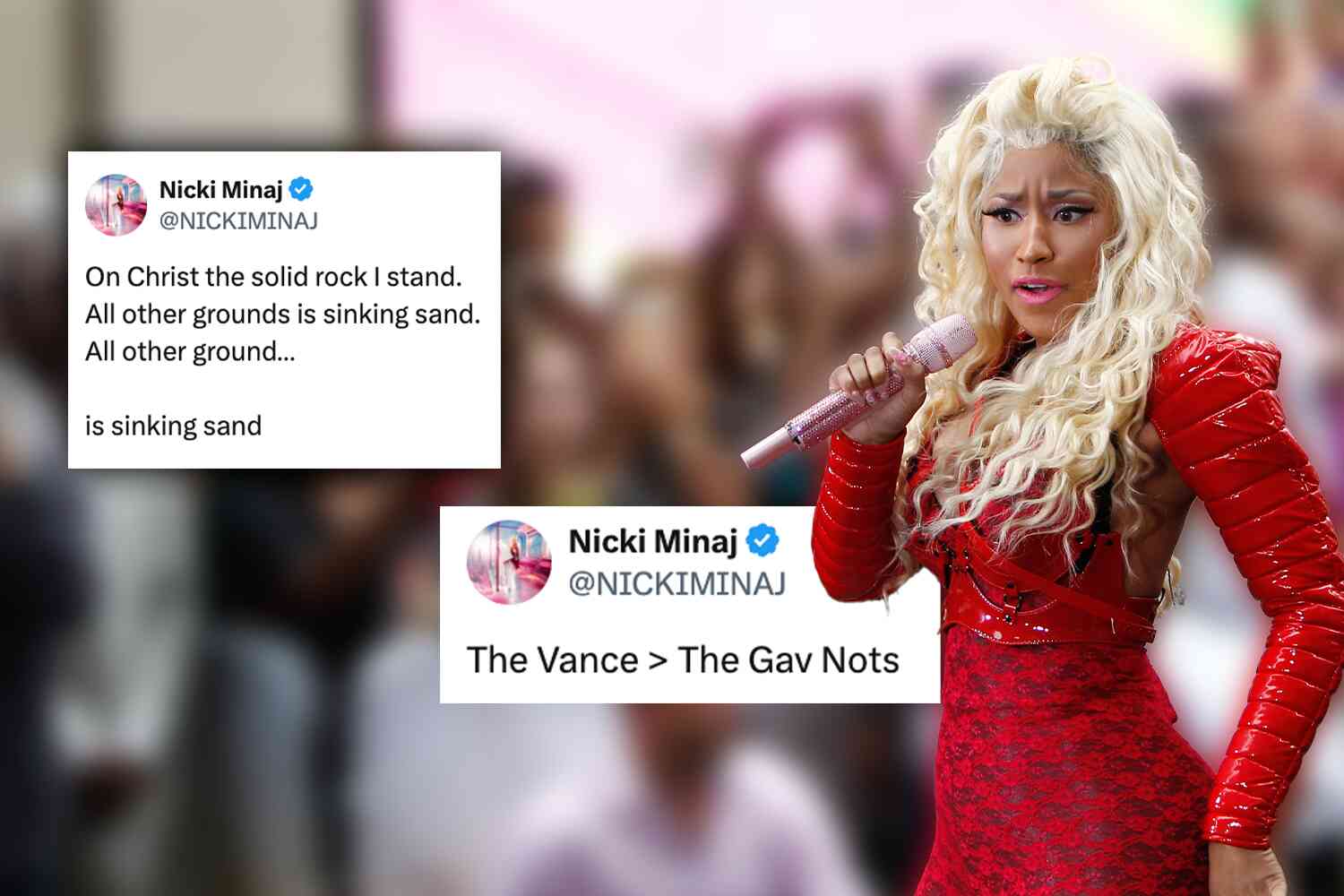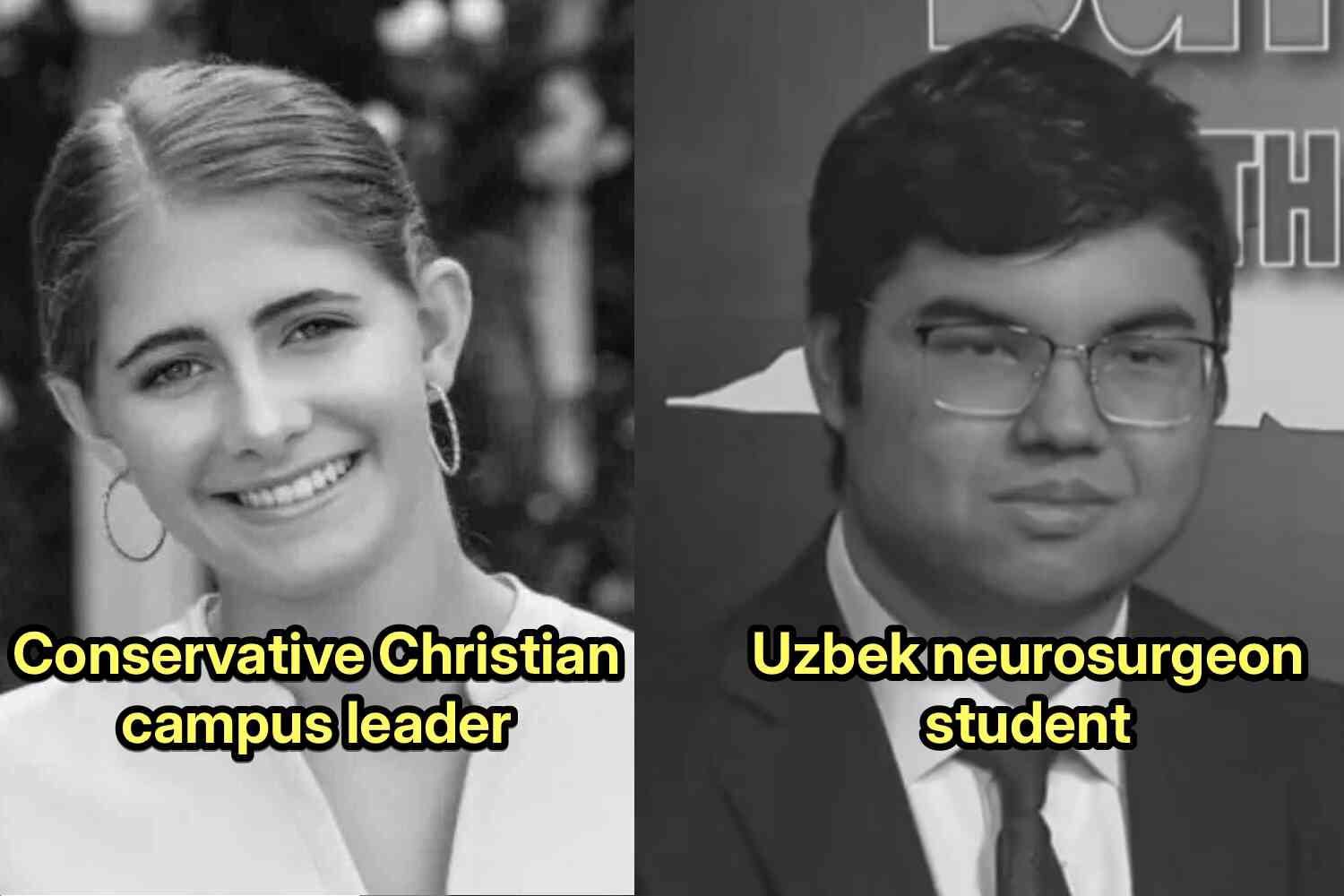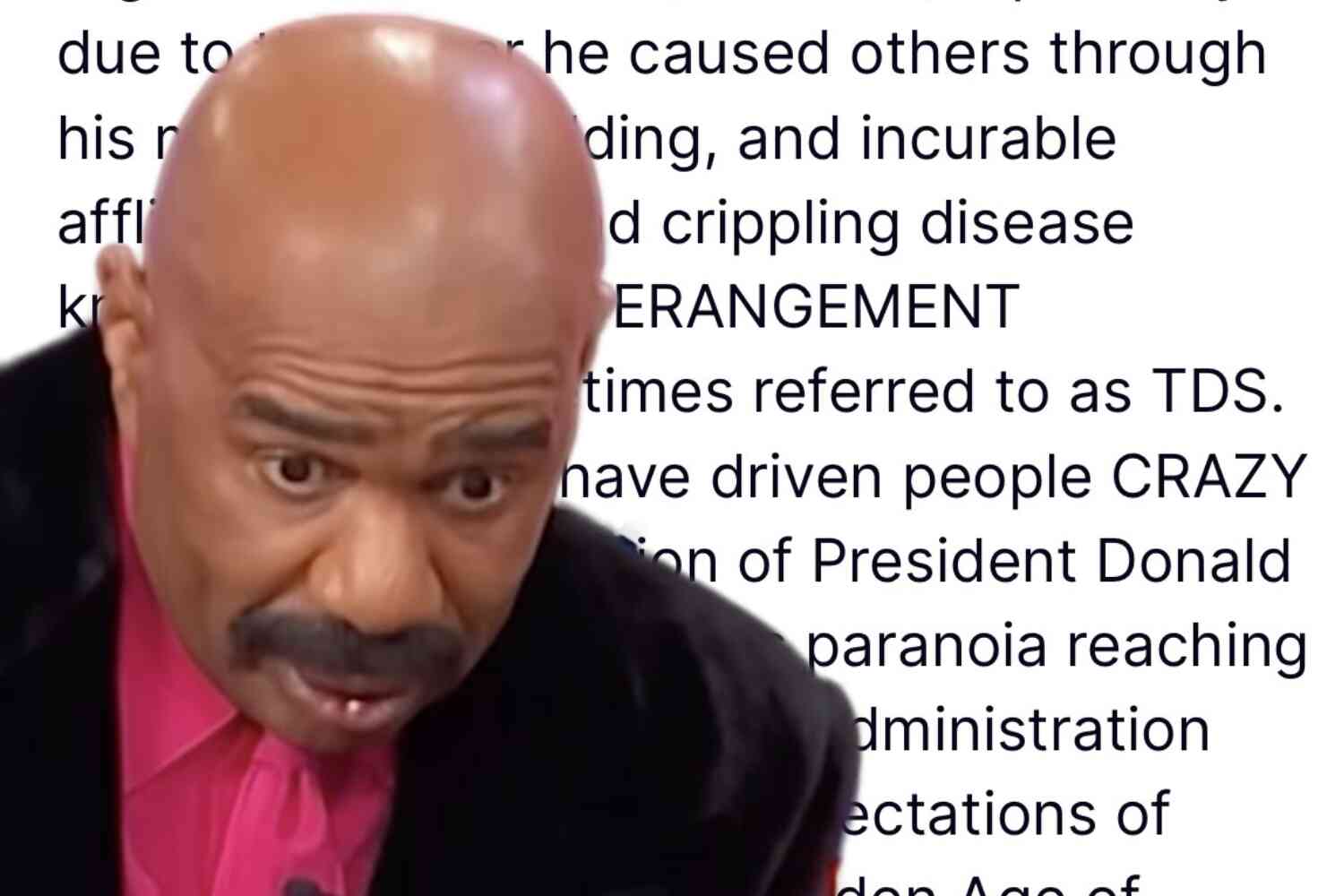Add another one to the list of lawsuits against AI companies for using copyrighted material to "train" their language models.
This one comes courtesy of Merriam-Webster and its owner Encyclopedia Brittanica who allege that Jeff Bezos' Perplexity pretty much just scanned all their material into its databases without permission and is repackaging it for the public.
Well, "repackaging" is a bit strong.
They're serving it up verbatim!
As an example in the legal documents, Merriam Webster points out that when asked for a definition of the word "plagiarize," Perplexity has the exact same definition as the print version of the Merriam-Webster Collegiate Dictionary.
They also include in further examples Perplexity pumping out nigh-verbatim copies of article from Encyclopedia Brittanica.
Perplexity claims fair use for the material, but fair use usually doesn't include profiting off someone else's work.
Perplexity's use is plainly for a commercial purpose. Upon information and belief, Perplexity copies as RAG [retrieval augmented generation] Content every single word of Plaintiffs' copyrighted works that it can access, and uses these copies to create a commercial substitute for Plaintiffs' protected works. Such substitution causes substantial harm to Plaintiffs' advertising and subscription revenues.
But the Merriam-Webster/Encyclopedia Brittanica lawsuit includes a new twist I haven't seen in similar lawsuits.
They also claim that Perplexity is violating their trademarks under the Lanham Act.
In addition to its massive copyright infringement, Perplexity also violates Plaintiffs' trademarks under the Lanham Act when its AI products generate made-up content or ‘hallucinations' and falsely attribute them to Plaintiffs by displaying them alongside Plaintiffs' famous trademark.
Perplexity likewise violates Plaintiffs' trademarks under the Lanham Act when its AI products misleadingly omit portions of Plaintiffs' content without disclosing those omissions and display the incomplete and inaccurate reproductions alongside Plaintiffs' famous trademarks.
In other words, when AI gets it wrong and attributes it to them, it makes Merriam-Webster/Encyclopedia Brittanica look bad.

After the accusations of copyright theft surfaced, Perplexity launched a creator sharing program offering to let publishers share in the profits from all the content they've taken without permission.
But Merriam-Webster turned them down flat.
This Program is Perplexity's naked attempt to retroactively dictate the terms of a license to owners of original content from whom Perplexity has already taken copyrighted material. In the negotiation of a valid license to copyrighted material, an infringer does not unilaterally dictate the terms of the license to its victims.
Some of the copyright cases have started to hit settlements, and it's not pretty for AI.
Anthropic just settled with a group of authors for $1.5 billion and had to remove the pirated books from their databases.
And that's just one of thousands of lawsuits pending.
Which leaves two questions:
Will AI companies have any money left after the onslaught of cases settle?
How bad will AI be if they have to remove all the copyrighted material from their models?
I'll leave this right here:
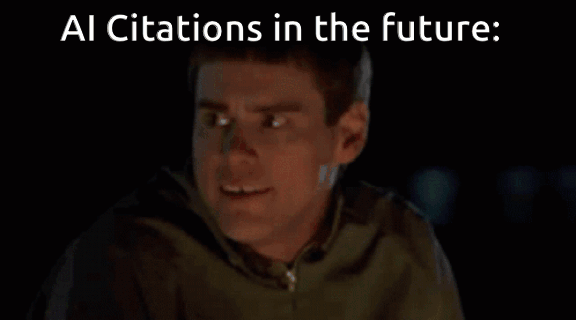
P.S. Now check out our latest video 👇
